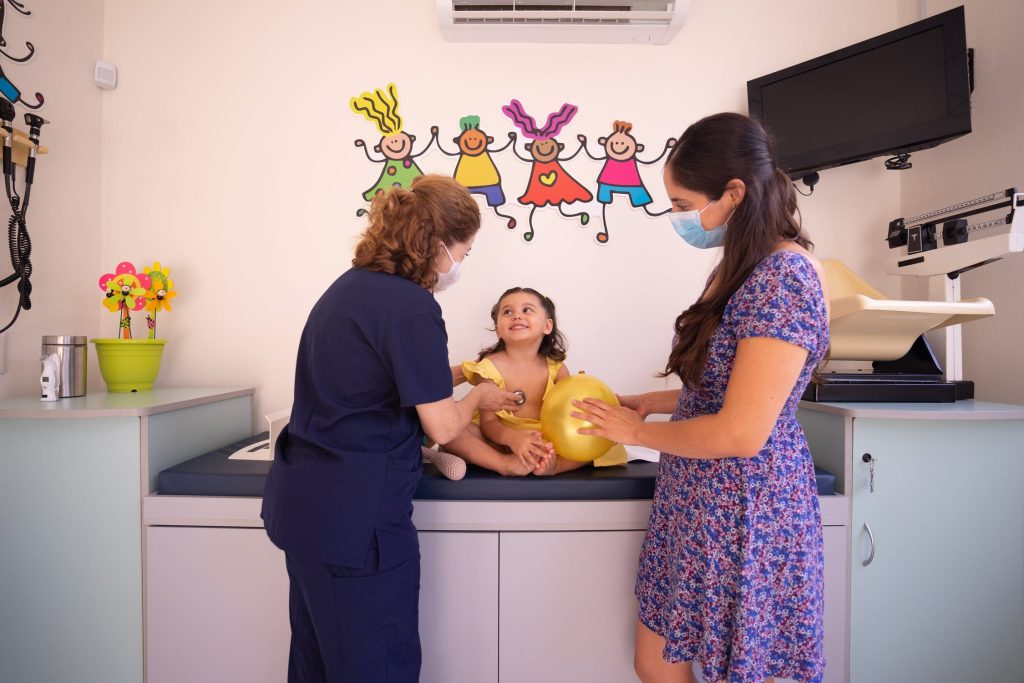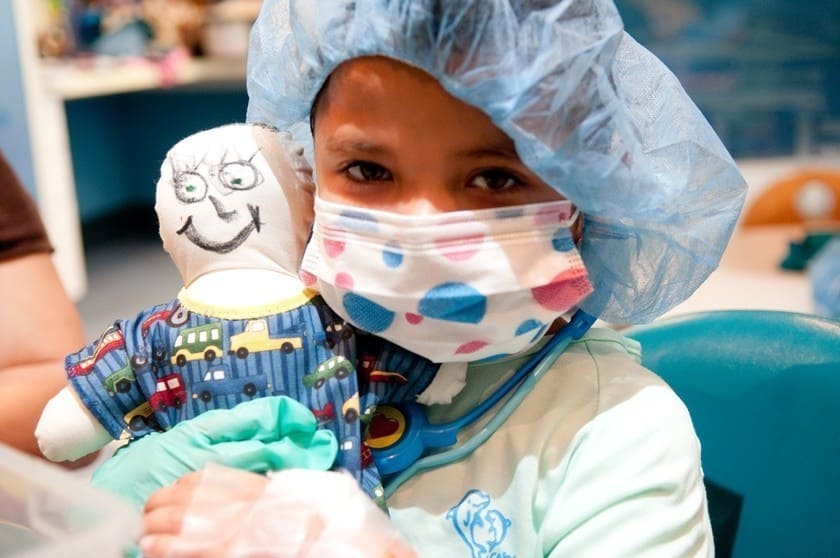Cum gestionăm emoțional creșterea unui copil cu malformații cardiace?
Atunci când devenim părinți, ne dorim și ne așteptăm să ne bucurăm de copilul nostru, să îl creștem sănătos, fericit și împlinit. A fi părinte este, în același timp, unul dintre cele mai dificile lucruri, cu atât mai mult, în contextul în care avem un copil cu malformații cardiace grave (și, de fapt, cu orice gen de malformații sau tulburări), pe lângă nevoile speciale ale celui mic, suntem nevoiți să ne gestionăm fricile, suferința, disperarea și tot stresul apărut, fără a fi fost vreodată pregătiți pentru toate acestea.

Studies carried out in various medical and university centers have shown that parents of children with heart defects spend a lot of time daily thinking about children’s medical problems, feeling increased anxiety and stress, an increased level of worries about the future, and this stress is also transmitted to children. As reactions during the adaptation to this situation, three phases have been identified: In the impact phase, immediately after the diagnosis, parents can experience strong anxiety about the future, a tendency to deny the diagnosis, the need for hope, and feelings of abandonment; in the next phase, parents may feel a great need for social support, despair and inability to manage tasks that seemingly exceed their limits and capabilities. in the acceptance phase, parents may fluctuate between the tendency to resist strong emotions and to perceive their child as he is, sharing hope with others.
What is important for parents during the entire period of adaptation to the diagnosis of the child?
- Medical information as detailed as possible, learning the treatment and use of the necessary equipment for the child;
- Meeting the basic needs of the parent: It is necessary to sleep, feed, move or even exercise, for at least 10-15 minutes;
- Perceiving the child as normal, physically stimulating him to the extent medically possible, cognitive stimulation through games, socializing, maintaining as positive an attitude and atmosphere as possible;
- Emotional discharge: It is normal for parents to feel strong negative emotions, and their discharge can help them better manage the situation and support their baby.
- Social support, contacting other parents who are experiencing the same problems, talking to friends and the rest of the family, to receive emotional support and help of any kind. This is not a sign of weakness, but a way to keep your psycho-emotional balance.
- Specialist support: Psychologists can help manage thoughts, emotions, and behavioral reactions that occur during this period.
- Last but not least, it is important for parents not to blame themselves. It’s not their fault for their baby’s malformation. Statistics show that where there are other children in the family, the chances of malformations are extremely low.
How are children influenced by their parents’ reactions?
Regardless of their medical problems, children are primarily children and have normal needs for interaction with parents, and with others, they need to make friends and play, to feel safe, loved, and happy. Children are emotionally connected to their parents, so they will feel their worries and fears. It is important to understand what is happening, but in a way that can help them to perceive themselves in a balanced way. If the parents rather manifest their helplessness, despair, and revolt against the medical problem, the little ones will conclude that a part of them must be rejected, that all they can live about their own body is helplessness and revolt.
Their need is to understand that the disease will require treatment, that it is normal to feel sadness, even fear or anger, but they also need to perceive all their healthy, normal parts, rather than the sick parts. Being happy will help them during treatment and hospital interventions, they will react better to treatment and recover sooner. Therefore, it is important that children are not isolated, on the contrary, studies have shown that interaction with loved ones and friends helps them in healing.
In the context of hospitalization and surgery, it is important for parents to collaborate with the medical staff, to be as connected as possible to the needs of the children, but also to take care of their own needs, to rest as much as possible, to feed, to receive the support of their loved ones. It may be useful for them to talk to other parents who have gone through similar experiences, to better understand what is going to happen, to find out that what they are feeling is normal, and to find out how others have handled situations and States that have arisen. Children need to have their parents next to them, physical contact, hugs, caresses will reassure them, favorite toys at home, and photos of their loved ones can increase their comfort and safety levels, helping them not to feel marginalized and alone.
After hospital interventions (various heart surgeries), parents often tend to overprotect their children. Their tendency is a natural one, to perceive the child as fragile, but his needs are different. However, studies have demonstrated the importance of feeling normal, physical activity, and interacting in a balanced way with others, and friends, for faster healing and happier and healthier life. It may be necessary for a shorter or longer period of time for children to have to rest longer, take breaks more often than others, go through various treatments or medical consultations, but all of these can be integrated into everyday life, without completely changing the child’s perception of himself. Perceiving yourself normally is important in order to have a balanced future, to become a socially integrated, healthy, and happy adult.
Autor: Oana Vasiu – clinical psychologist, master in analytical psychotherapy


